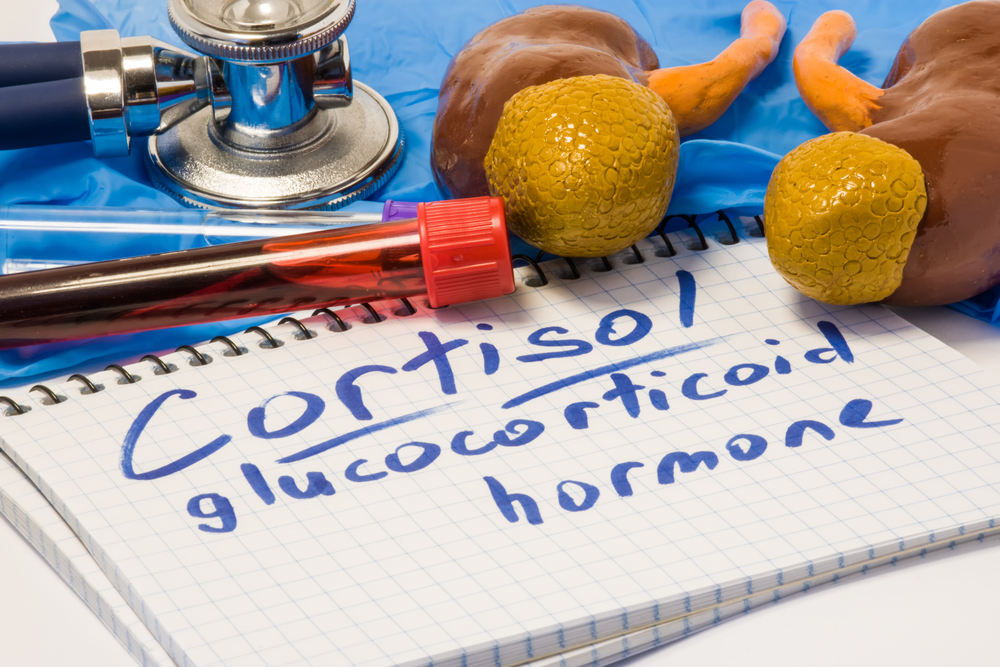DIAGNOSIS
Hypercortisolism, particularly endogenous hypercortisolism, can be complicated to diagnose because they share the same signs and symptoms.
Diagnosis of hypercortisolism requires a hard and long extensive process. Sometimes, you may not find the actual cause of your hypercortisolism even with a series of medical appointments.
Your physician will perform a physical exam. She or he may suspect hypercortisolism if you have the common signs and symptoms mentioned above.
Your doctor may suspect hypercortisolism if you are undergoing corticosteroid medication for a long time. If you are not taking corticosteroid medication, some test may help confirm the cause, these include:
This test is performed by measuring your hormone levels in your blood and urine.
Throughout the day, your cortisol levels naturally rise and fall; the levels of cortisol in ordinary people drop significantly. This test is performed using saliva obtained late at night to measure the cortisol level.
This test is performed to provide images of your adrenal and pituitary glands for abnormalities.
This test is performed to confirm if the cause of endogenous cushing syndrome is from the pituitary gland or other else.
These tests help your doctor to rule out other conditions with similar signs and symptoms.
TREATMENT
Treatments for hypercortisolism are mainly focused on lowering the high level of cortisol in your body.
Other effective treatments for hypercortisolism include:
- Reducing corticosteroid use
If the confirmed cause of hypercortisolism is the corticosteroid medications, your doctor may reduce the dosage of your medicines to keep your hypercortisolism under control.
Your doctor may conduct surgery on you if the cause of hypercortisolism is a tumour. A neurosurgeon can remove tumours in the pituitary glands. If the tumour is located somewhere else, it can be removed through usual operations.
If surgeons and doctors are not able to remove the tumour in the pituitary gland, the patient usually undergoes radiation therapy in conjunction with the surgical operation. Radiation therapy is also the best treatment for those people who are not healthy enough to survive invasive surgical procedures.
Medication treatment will be the last resort if the operations and treatments mentioned above won’t work.


